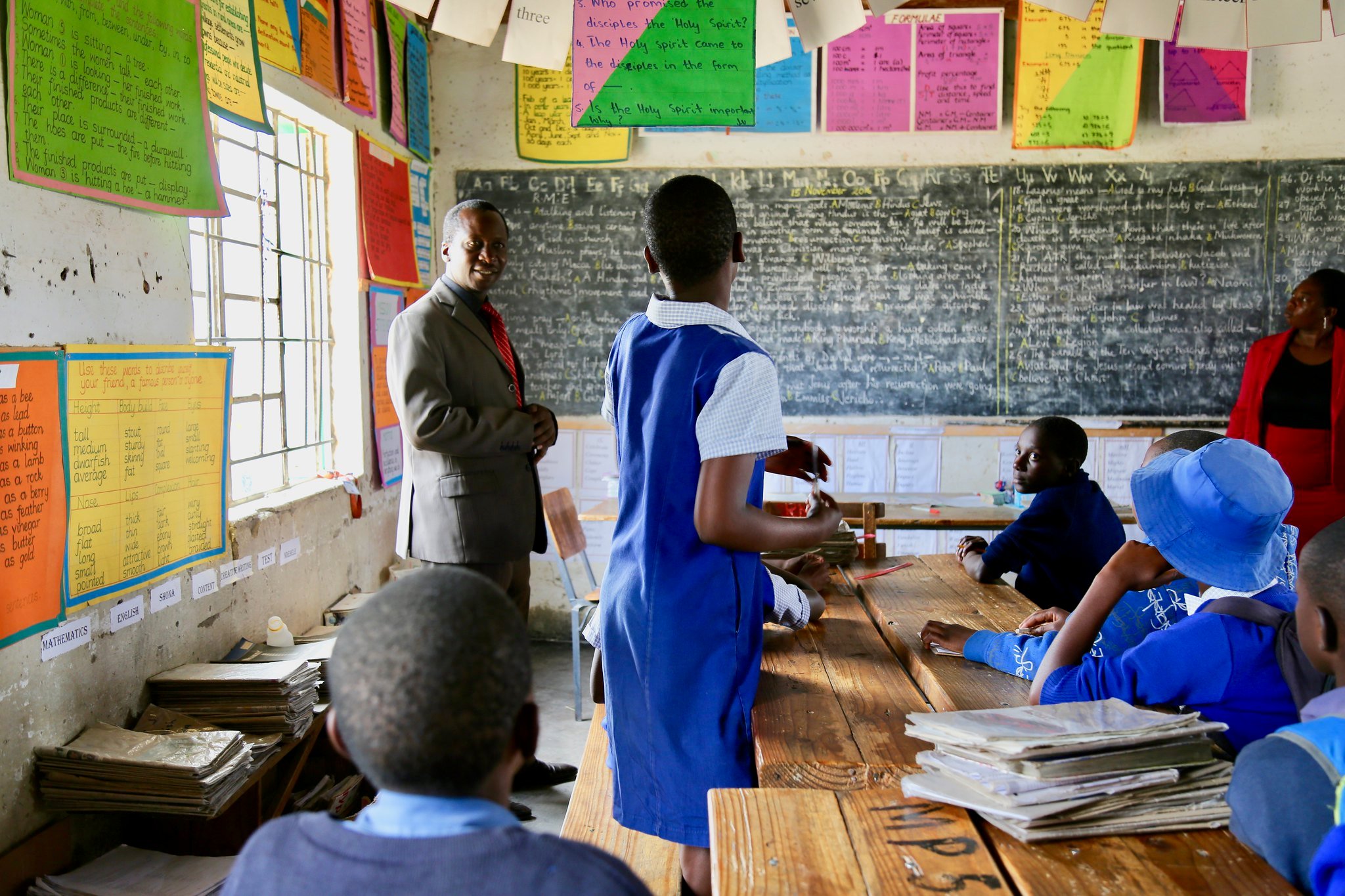
GPE/ Carine Durand
The Crucial Role of Teacher Unions in Education Policy
Rethinking Reform: The Role of Teachers’ Unions in Education Advocacy in Zimbabwe
Teachers play a fundamental role in implementing educational reforms, yet teachers’ unions are frequently excluded from policy discussions by both policymakers and international aid donors, often being labeled as barriers to change. This exclusion is prevalent in many countries where reform and investment in quality public education are desperately needed.
A newly published Accountability Brief by the Accountability Research Center, a Global Learning Partner of Education Out Loud, delves into the efforts of broad-based, membership-driven organizations—specifically teachers’ unions in Zimbabwe. The brief highlights how these unions navigate restricted civic spaces and build accountability by holding national government stakeholders responsible for implementing promised education reforms. It reveals that the advocacy agendas of teachers’ unions often align with those of other civil society organizations (CSOs) in the education policy arena, particularly in advocating for increased access to quality public education.
For more insights, read the Accountability Brief Rethinking Reform: The Role of Teachers’ Unions in Education Advocacy in Zimbabwe here
Education Really is For All: The Important but Invisible Successes of Civil Society Activism
This is ARC’s second Accountability Brief as an EOL Global Learning Partner. It follows the May 2024 publication of ARC’s first Accountability Brief, which examined the role of civil society in education policymaking in the Global South. The brief highlights how, over the past 25 years, extensive campaigning, advocacy, and pilot initiatives by civil society organizations have led to a global consensus that all children have the right to attend school and receive an education.
For more insights, read the Accountability Brief Education Really is For All: The Important but Invisible Successes of Civil Society Activism here
